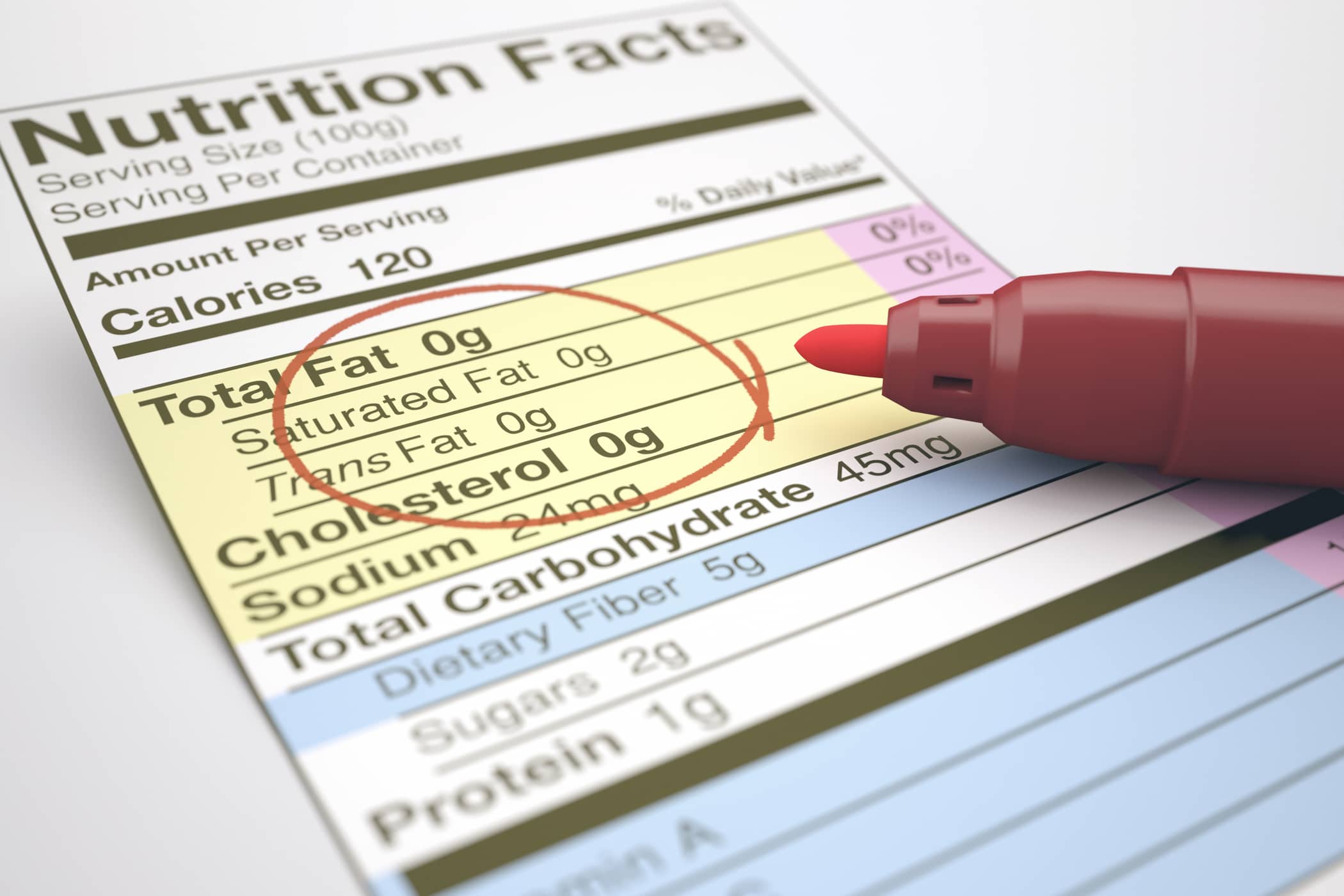Contents:
- Medical Video: How To Manage And Treat Low Blood Sugar? - Manipal Hospital
- How can you coma because of diabetes?
- Signs and initial symptoms of diabetic coma
- Is there a way to prevent diabetes coma?
- Treatment and recovery from diabetic coma
Medical Video: How To Manage And Treat Low Blood Sugar? - Manipal Hospital
It is important for every person with diabetes to control their blood sugar at any time. Blood sugar that is left unstable aka erratic ups and downs will be very dangerous for the body. This can trigger various damage to organs and disrupt the body's metabolic processes. One of the serious effects of instability in blood sugar levels is diabetes or coma diabetic coma which is characterized by loss of consciousness.
How can you coma because of diabetes?
The condition of diabetic coma is one of the complications of diabetes that needs to be watched out. This can be experienced by people with type 1 diabetes and type 2 diabetes when their blood sugar levels are never stable - either drop too low (hypoglycemia) or soar too high (hyperglycemia).
Hyperglycemia can lead to coma because blood sugar which is left high will eventually cause damage to the brain's central nervous system. Conversely, coma can also occur when your blood sugar drops dramatically for example because of not eating (fasting diabetes). Low blood sugar can then trigger serious dehydration which causes a person to lose consciousness.
In addition, oma is also very easy to occur if the patient experiences accumulation of ketones in the blood or known as diabetic ketoacidosis. This condition is a complication of type 1 diabetes, which makes the person unable to burn excess glucose as energy and eventually uses fat as an energy ingredient. The rest of the fat burning is called ketone, and substances can poison you if the amount is excessive.
Diabetic ketoacidosis is also very associated with an increase in blood sugar levels that are beyond normal limits ...
Signs and initial symptoms of diabetic coma
Depending on what conditions trigger it, the initial symptoms of diabetic coma can vary in each person.
Symptoms of diabetic coma triggered by hypoglycemia include:
- Headache.
- Body trembling.
- Heart palpitations (heart palpitations).
- Feeling confused.
- Very tired.
Whereas in someone who has hyperglycemia, the initial symptom of diabetes coma is:
- Feel very thirsty.
- More often go back and forth to urinate
- The blood sugar test results show that blood sugar levels are rising too high
If high blood sugar levels are also accompanied by an increase in ketone compounds in the blood, then the possibility of experiencing more serious symptoms such as:
- The skin looks and feels dry.
- Feel tired suddenly.
- Having gastrointestinal disorders.
- Throws up.
- Difficulty breathing.
- Dizzy.
- Limp.
Diabetes coma is a very serious condition because it is very risky to cause brain damage, even death.
Is there a way to prevent diabetes coma?
The first step to prevent this condition is to always check blood sugar and maintain your diet every day to keep blood sugar levels stable.
Taking diabetes medication and taking insulin as recommended is also very necessary to prevent diabetics from going into a coma. Immediately consult a doctor if you forget to take your daily diabetes medication.
Preventing is always better than curing. Unstable blood sugar levels, especially hyperglycemia, is very dangerous for the health of blood vessels. Overcoming instability in blood sugar levels as early as possible can also prevent coma.
In addition, instability in blood sugar levels can also be a sign if the treatment dose received is not in accordance with the body of diabetics. This can be caused because the body experiences changes in chemical compounds as we age. That is why it is important for you to routinely consult a doctor to request medication adjustments regularly to prevent diabetic coma.
Treatment and recovery from diabetic coma
Although it can be fatal, diabetic coma is a condition that can improve very quickly when blood sugar levels have improved and are within normal limits.
Diabetics who are unconscious will also immediately recover and will improve without any side effects from treatment.
Treatment needed by diabetics who experience coma depends on the conditions that trigger it. If triggered by hyperglycemia, intravenous fluids and insulin are needed, whereas if triggered by hypoglycemia, glucagon injection can help increase blood sugar levels.












